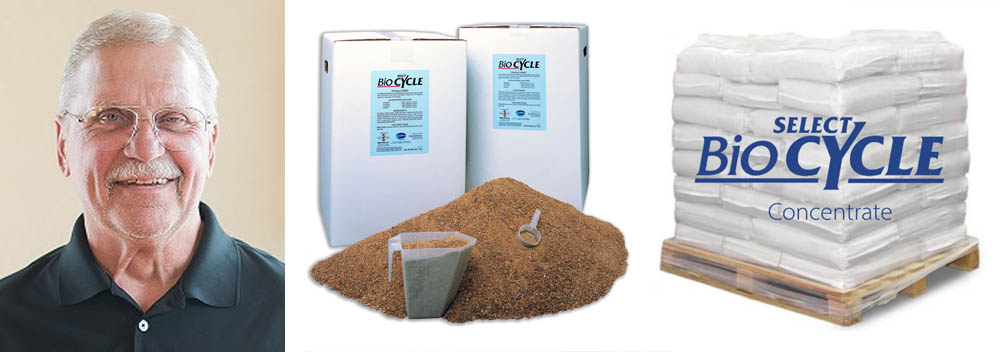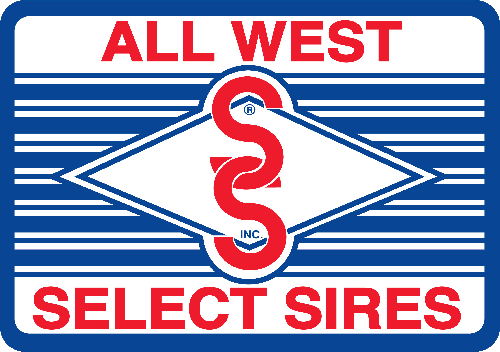
Greg Muchmore – Regional Sales Representative – Agrarian Solutions
Adversity is not new to the dairyman – they face adversity every day and sometimes, like we are now experiencing with the coronavirus epidemic, adversity arrives in very unsuspecting ways – but there are times that we can plan for adversity we know is going to come and this is what this article is about.
We all know what is around the corner- summer heat brings on all kinds of adversity that we know is coming – and knowing how it affects cows will help us better prepare for the inevitable. The hotter the cow gets, the more she is inclined to not do what we want – eating, resting, chewing her cud and producing a healthy heifer calf in a reasonable amount of time. Instead of all this, with warmer temperatures, cows will pant (up to 100 pants per minute) to try to stay cool – this panting causes her not to chew her cud causing less digestion, less saliva production, more starch bypassing the rumen, more hind-gut fermentation (acidosis) and 2 months later, more foot abscesses – oh and don’t forget how much these adversities add up to less reproductive success!
Now is the time to consider your strategy to offset what we know is coming – here are some facts to think about: normally, cows produce 30-50 gallons of saliva everyday – this saliva production provides 7-10 lbs of sodium bicarb – panting drastically cuts this production – this leads to lower rumen ph, less digestion, less feed utilization and more opportunity for pathogens like salmonella, ecoli and others to enter the picture – lower rumen ph causes certain nutrients (like biotin) to be less available – biotin is especially responsible for the elasticity of the hoof – increasing the level of biotin in the ration will usually result in better hoof health in 2 months – and guess what is coming in 2 months – heat!
So, what about digestion? Providing free choice bicarb is a good idea – it’s a barometer for acidosis – the more the cows eat bicarb, the scratchier stemmy forage you want to add to the ration to get them to chew. A high-quality probiotic like Select BioCycle is also a good idea. BioCycle has been shown to not only improve digestion (less corn in the manure), DM intake and rumination time, but also regulates the immune function which helps to keep SCC under control. In addition, BioCycle contains the beneficial L-form bacteria and antibodies which gives competitive exclusion and a good level of protection against common pathogens like salmonella and e-coli. In short, BioCycle helps you get more bang out of the dollars you are spending on feed.
Call your Select Sires Representative and your nutritionist to discuss these strategies to help offset the inevitable – and here’s to hoping you and yours have a healthy, happy summer!

 .
. .
. .
. .
. .
. .
.